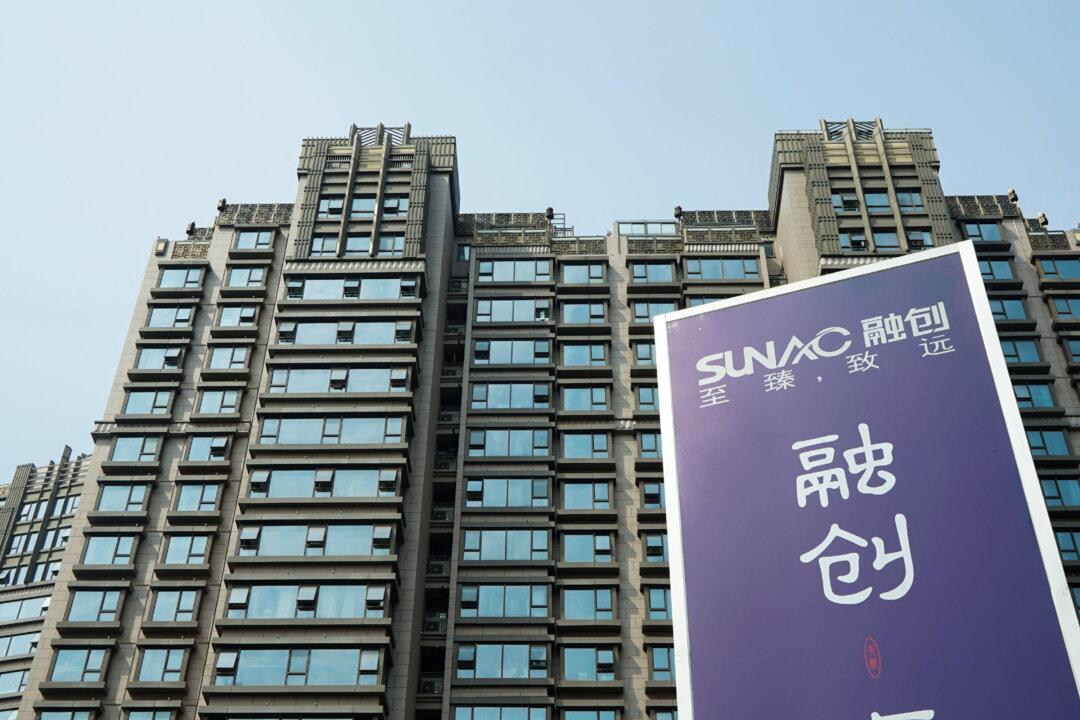Commentary
Ordinarily, Beijing would eagerly rescue its property developers and enact aggressive policy easing to prop up a sagging real estate market.

Ordinarily, Beijing would eagerly rescue its property developers and enact aggressive policy easing to prop up a sagging real estate market.